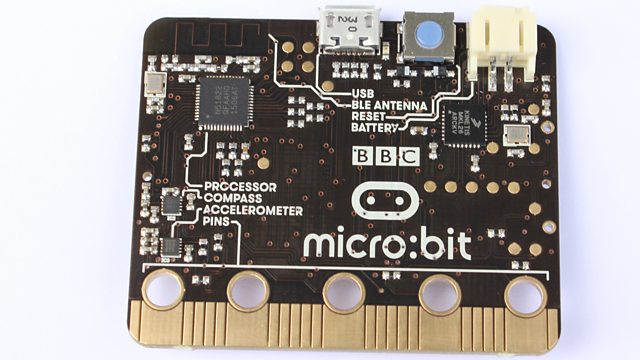Mobile Revolution
Hannah Fry tells the story of how a British company, ARM, developed tiny hyper-intelligent silicon chips that are cheap, heat efficient and drove the smartphone revolution.
Hannah Fry tells the story of the little known British company in Cambridge that designs and build the ARM chip, found in almost every mobile device in the world, and the impact it has had in powering the digital age.
The team at Acorn had designed the 大象传媒 Micro back in the early 1980s. In an attempt to stay ahead they decided to design a new kind of microprocessor chip, the RISC chip. They used it in the Acorn Archimedes which was the fastest computer in the world when it was released in 1987.
After falling on hard times when the PC became the dominant computer the company was saved when Apple chose to put the ARM chip in their personal digital assistant, the Newton. ARM chips became ubiquitous as digital devices became smaller.
Now they are driving the tiny devices such as the Raspberry Pi and the 大象传媒 Micro:bit which aim to encourage young people to code, just as the 大象传媒 Micro did three decades ago.
Last on
More episodes
Previous
Broadcast
- Fri 25 Sep 2015 13:45大象传媒 Radio 4
Podcast
-
![]()
Computing Britain
Hannah Fry reveals the UK's lead role in developing computer technologies we rely on today


